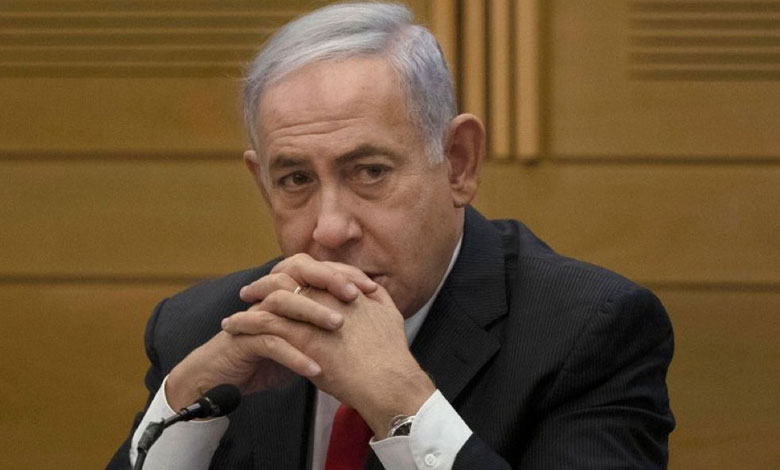Netanyahu Reserves the Right to Resume War if Gaza Ceasefire Fails
Israeli Prime Minister Benjamin Netanyahu has stated that Israel retains the right to resume fighting Hamas if the current ceasefire-for-hostages agreement collapses. Netanyahu emphasized that such actions would have the backing of the United States.

Tel Aviv: Israeli Prime Minister Benjamin Netanyahu has stated that Israel retains the right to resume fighting Hamas if the current ceasefire-for-hostages agreement collapses. Netanyahu emphasized that such actions would have the backing of the United States.
Table of Contents
Praise for Ceasefire Agreement
In a televised address ahead of the ceasefire’s commencement on Sunday morning, Netanyahu credited the deal to efforts by both US President Joe Biden’s administration and President-elect Donald Trump’s incoming team.
“This agreement is, first and foremost, the result of the courage of our fighters in battle and our steadfast stance on Israel’s vital interests,” Netanyahu said, adding that heavy pressure from domestic and international sources had been resisted during negotiations.
Warnings to Hamas
Netanyahu cautioned Hamas to adhere strictly to the terms of the agreement. He reaffirmed that both Biden and Trump support Israel’s right to return to war if Hamas violates the deal.
“If we need to return to fighting, we will do so in new ways, and we will do it with great strength,” Netanyahu declared.
Also Read: Trump Set to Bring Shift in US Approach to Allies, North Korea, Diplomacy, and Tariffs
Principles Behind the Agreement
Netanyahu outlined three key principles guiding the agreement:
- Right to Return to War: Israel’s ability to resume fighting with US support if negotiations on subsequent phases break down.
- Increased Hostage Releases: Netanyahu claimed to have negotiated a significant increase in the number of living hostages to be released in the first stage of the agreement.
- Control of the Philadelphi Corridor: Israel will maintain full control of the Gaza-Egypt border area and the security buffer zone surrounding Gaza.
Ceasefire Implementation
The 42-day ceasefire, set to begin Sunday at 8:30 a.m. local time, marks a pause in 15 months of deadly conflict between Israel and Hamas. Mediator Qatar announced that the agreement also includes a framework for exchanging hostages and prisoners, which is expected to occur later in the day.
Delays in Hostage List
Netanyahu demanded that Hamas provide a list of hostages to be released before any prisoner swap proceeds. His office stated that the framework could not move forward until the list was received. Hamas and Qatar had yet to respond to the request.
Humanitarian Efforts
The ceasefire is seen as a step toward reducing the region’s violence, as humanitarian groups prepare to facilitate aid during the pause in fighting. Families of hostages held in Gaza and Palestinians awaiting the release of detainees brace for developments in this unfolding agreement.
Netanyahu concluded his address with a warning:
“If we are forced to resume the war, we will do so with force. Israel has changed the face of the Middle East since the war began.”
